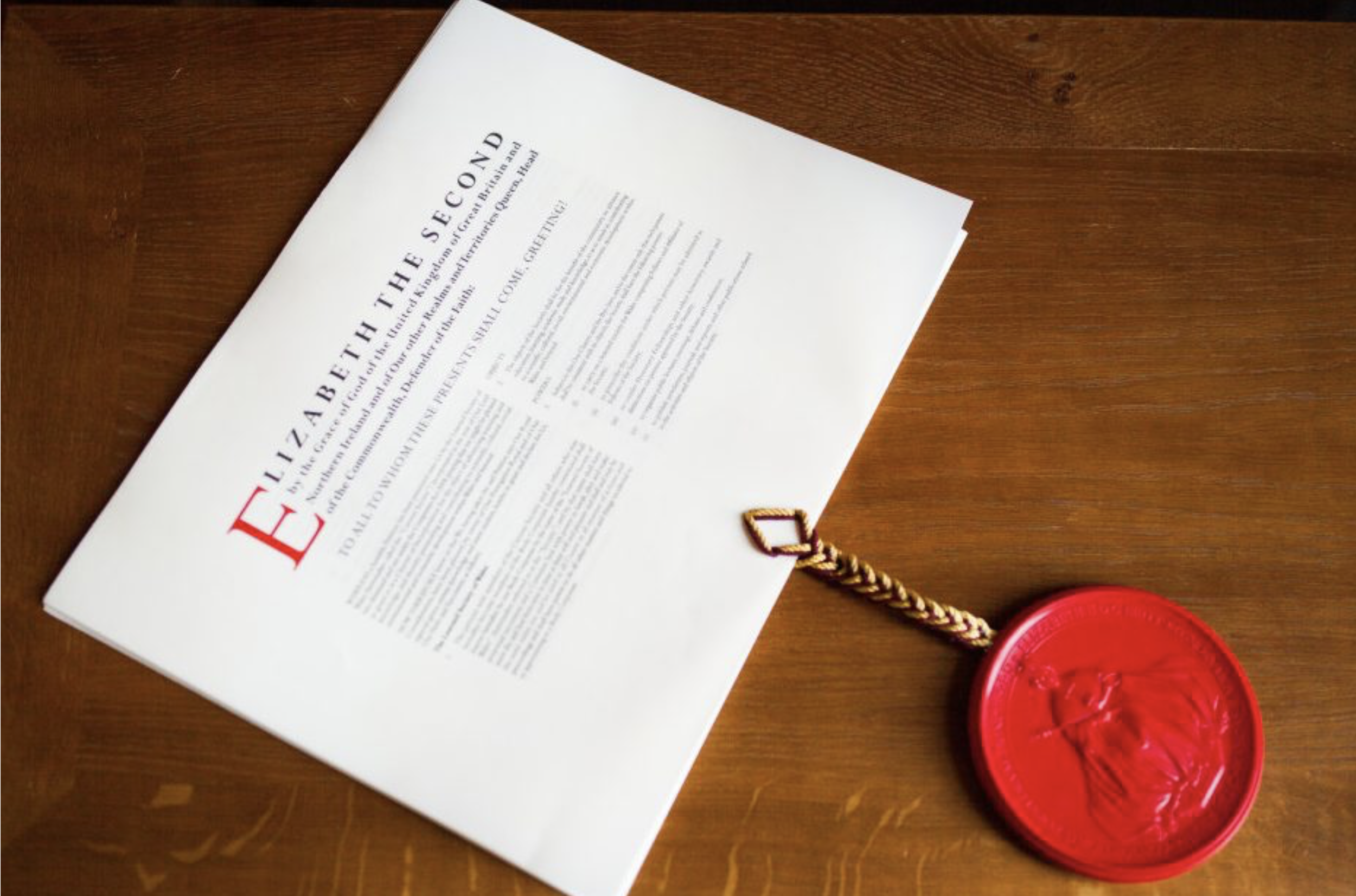The Constitution provides that on the presentation of proposed laws for assent, the Governor-General declares, according to his discretion but subject to the Constitution, that he assents in the Queen’s name, or that he withholds assent, or that he reserves assent for the Queen’s pleasure, or he may recommend amendments. Before assenting, the Governor-General formally receives written advice from the Attorney-General as to whether there are any amendments that the Governor-General should recommend, and as to whether the Governor-General should, in the Attorney-General’s opinion, reserve the bill for the Queen’s pleasure. This advice is prepared by the Office of Parliamentary Counsel.
The Governor of the State also gives Royal Assent to Bills passed by both Houses of Parliament. This refers to the formal approval of the Governor, which creates an Act of Parliament, thereby becoming the law. Ahead of Royal Assent, the Clerk of the Executive Council and the Attorney-General will sign the Bill, before the Governor signs two copies, which are then sealed with wax. In lieu of the Governor, the Lieutenant-Governor or the Administrator may sign on their behalf. The Clerk then publishes the declaration of assent in the Government Gazette. Once Royal Assent is provided, the Bill will take effect immediately, unless a specific time is stated. The Governor cannot refuse to give Royal Assent for political or personal reasons.
51 pages
If you can spare a few dollars for the creators of this website to continue their research to bring you more great content, any amount, no matter how great or small, would be greatly appreciated.
